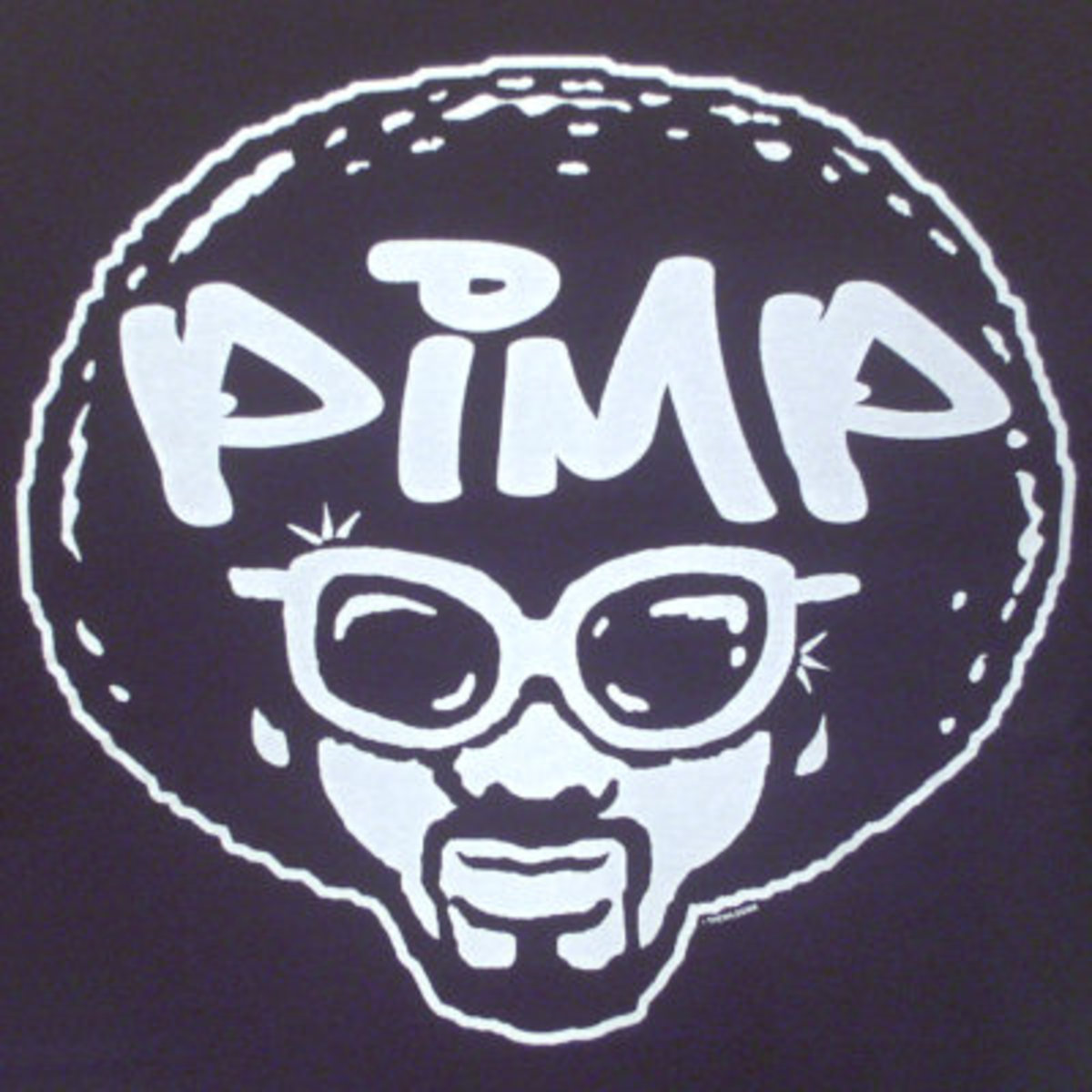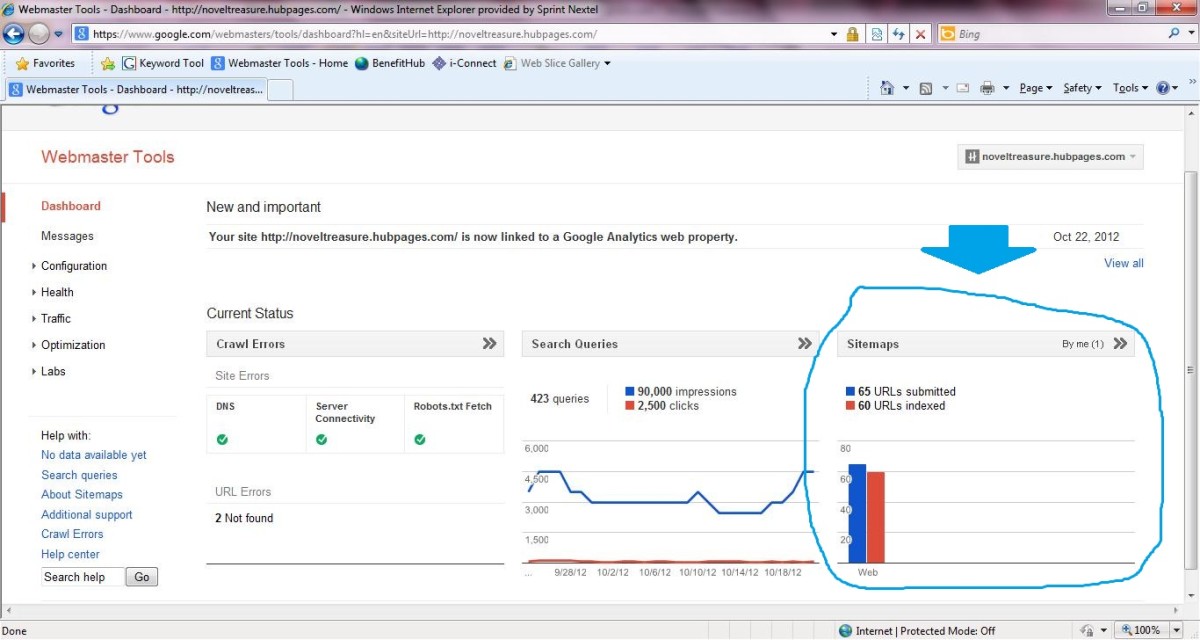How to Optimize Your Hub for Search Engine Traffic

If you want to make money on Hubpages, you need to be prepared to put effort into getting traffic from search engines (and possibly specific search engines). Many new members of Hubpages are looking to obtain an internal following of Hubbers to read and comment on their hubs, and while this is nice to have, and very encouraging, it is not the best way to earn a potential living on the site. The people who click on your ads and purchase the products you're reviewing on Amazon or Ebay come from targeted search engine traffic, which brings you users who are looking for what you have to offer your visitors, they are more likely to remain on your hubs longer and they are more inclined to interact with your hubs (including clicking on your ads).
By all means, encourage internal visitors to read your hubs and comment on them. But remember that your focus should be on ensuring that you are receiving visits from outside sources (mainly search engines). You will have to work harder to get search engine traffic than you will traffic from Hubpages itself, but there are several ways in which you can help to promote your articles for search engines and better placement in the Search Engine Results Pages (SERPs). Once you learn ways of promoting your hubs for outside traffic, you're much more likely to see an improvement in your Hubpages earnings.

Choose a Good URL
If you've done your keyword research (and you did do your keyword research, didn't you?) then you should have an idea of which related keywords are the most popular for your topic. You're looking for something that a lot of people search for but which has low competition with other websites. Remember to check Google manually for competition instead of trusting keyword tools to give you the proper results. Most keyword tools give you results that relate to the number of people who are advertising your keyword rather than those who have sites that turn up in search results for that keyword.
Ideally, the best of your keywords should be included in your url, regardless of your title. The URL should be logical, but should contain good keywords. For example, if I'm working on writing one of my Hunger Games articles and I find that the keyword "Jennifer Lawrence" is a stronger keyword than "Katniss Everdeen" then I would want to make sure that the actress's name makes it into the title of my hub. Ideally, however, I would also want keywords that are low competition. The topic is very popular right now, so this is difficult, but I found that my best bet was "Katniss Girl on Fire." In order to make the best use of these keywords (in combination) I would probably use a url extension for my hub of "katniss-girl-on-fire" (with the dashes, since search engines view those as spaces), regardless of the title of my hub. Titles are important too, but remember that when somebody links to your hub, they are embedding those keywords on their site, pointing them to your page!
Choose a Simple but Effective Title
This has always been one of my tough points. For a long time I thought that making a long-tail topic meant putting more keywords into the title of the article. That, my friends, is a complete recipe for disaster! Your titles should be short and to the point. Let the reader know what they are going to get out of the article that you're giving them, but don't put the entire article in your header!
It's important to make sure that you're using good keywords in your title, just like in your URL. Your main keywords should be the same. In the example above, I might title the piece "Katniss Everdeen, the Girl on Fire." It's short, to the point, and it catches the attention of Hunger Games fans (who make up the audience for such an article). Note that Hubpages Title Tuner tool can make a mess of your titles. Use your best judgment and tweak them when necessary. Experience has proven to me that short and effective titles get more hits than titles that are long and full of unnecessary words (or wordy phrases).
Write a Strong Introduction and Summary
When writing both your introduction and your summary, you want to put yourself in the shoes of your readers. Search engines will spider your entire page, scanning for keywords and picking them up out of your copy. However, you need to be aware that the search engine results display only the first 180 characters or so of your introduction. This is what potential visitors see and scan (in addition to your title) when deciding whether or not to choose your page from the search engine results that they reach when they perform a search. For this reason those 180 characters or so are crucial, and should once again contain keywords. Search engines display the keywords in bold in their results as well, making them stand out to the user!
It can also be beneficial to make the introduction impersonal, unless your hub is a personal hub. Try to avoid using first-person pronouns like "I" and "we" and use this space to let the reader know in no uncertain terms what your hub is about. If they can't tell what the hub is about, they aren't going to read further than the first few sentences, and they will use their back button to leave the page. Remember: The longer the reader stays on your page the more likely he is to click on your ads.
Try to be honest but concise in your introduction. For example: "Katniss Everdeen is a strong fictional heroine whose resourcefulness kept her alive in the Hunger Games Arena. She showed strength and courage in a time of stress and was quick-thinking under pressure. Teen girls can learn a lot from Katniss." This sets up the article to explain why teen girls can learn from Katniss and why emulating her might be a good thing.
For the summary, I might write something like the following: "Katniss Everdeen is a strong fictional heroine whose resourcefulness kept her alive in the Hunger Games Arena. Find out how she prevailed against all odds and learn how you can be more like her."
Use Subtitles, Captions, and Photo Names
This is a fairly simple and very easy trick that a lot of new hubbers (and bloggers!) don't use, but should: Use subtitles. These subtitles stand out to search engines such as Google, Bing and Yahoo and signal that this is an important topic on the page. In Hubpages, you have the capsule subtitles. These subtitles should ideally reflect the content that is going to be presented beneath them, but also relate to your keywords as much as possible.
Additionally, breaking up your content will help to keep visitors on the page longer!
Make sure as well to use the captions on your photos. These stand out to search engines (again) and let them know that this is important. Keywords can also be embedded in the URLs of your photographs. For this reason I do not recommend using tinypic or another similar shortening service. Naming your photos is something that often gets overlooked, so take advantage of it!
The Most Important Thing for Search Engine Optimization
The most important thing to remember for good search engine optimization is to create good content. Keep your hubs on the long side. They don't have to be ten pages long, but 1500 words or so is long enough to keep the reader on the page (provided that your content is compelling) without being long enough to become boring.
More than length, however, your content needs to be striking. Write about something that nobody else has done before, or put a unique spin on it. Make sure that you're using good spelling and grammar, and check them using a program like Microsoft Word. You want to make your article stand out to the people who read it, because if it stands out to the visitor, she's a lot more likely to share your article on Facebook, tweet it, or link it from her own article. Each of these things helps to improve your chances of getting indexed more quickly and more regularly in the search engines as spiders crawl from one side to another through the links on each page. Other pages directing traffic back to your page indicates to search engines that your page is an authority on the subject that you're writing about, and this helps to boost your PageRank.
While you can build your own backlinks, organic backlinking is preferred by Google in particular (and a lot of your search engine traffic is going to come from Google).
Does it Matter Which Search Engines Send Me Traffic?
Yes, it does.
Everybody focuses on Google, and while I'll admit that Google is very good for some things, I've also learned that certain search engines are more inclined to send traffic that converts. Your traffic doesn't matter a lick if the traffic that you receive doesn't convert into Amazon or eBay sales or to clicks on your ads.
Most new hubbers don't know this. I was blessed to learn it early on. Now you know it too. When doing keyword research, remember to check your keywords for popularity in Bing and Yahoo in particular. Users searching using these search engines are generally eager to buy. Google users are less eager to click your ads.
Good Keywords and Good Content Work Wonders
The key to getting search engine traffic is to create good content based on strong keywords. Follow the tips above and you should be seeing targeted search engine traffic in no time! This traffic may not be guaranteed to help you earn money (that's part of your keyword research too!) but it will help you to get started on the road to earning on Hubpages!








